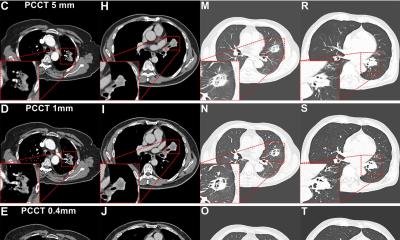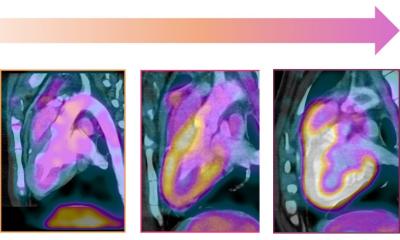Lung cancer
Immunotherapy superior to chemotherapy?
Researchers compared an immunotherapy and a chemotherapy drug in patients with non-squamous non-small cell lung cancer (NSCLC) whose disease continued to progress after first-line chemotherapy. They found that nivolumab improved overall survival and was generally well tolerated. The results are significant because options for patients whose lung cancer progresses after initial treatment are limited.

“This clinical trial shows that people with lung cancer not only live longer when treated with the immunotherapy drug nivolumab , but their quality of life is better and toxicities are fewer and less severe,” said Dr. David Gerber, Associate Professor of Internal Medicine at UT Southwestern and a contributing author to the study.
According to the National Cancer Institute, lung cancer is the second most common cancer for both men and women, and the top cause of cancer death. While it affects more than 221,000 Americans each year, 5-year overall survival is only 17 percent, and the survival number is far lower for metastatic lung cancer
The Food and Drug Administration (FDA) approved the use of nivolumab for squamous non-small cell lung cancer in March and previously had approved the drug to treat patients with treatment-resistant metastatic melanoma and melanoma that can’t be removed via surgery. Nivolumab is an immunotherapy drug that works by inhibiting the cellular pathway known as PD-1 protein on cells that block the body’s immune system from attacking cancerous cells.
“The idea behind immunotherapy is to kick-start the body’s natural immune response to a cancer. Cancer develops and grows in part because it has put the brakes on the immune response. These drugs take the foot off the brake, allowing the immune system to accelerate and attack the cancer,” said Dr. Gerber, Co-Director of the Lung Cancer Disease Oriented Team and co-leader of the Experimental Therapeutics Program at UT Southwestern.
Dr. Gerber, also a member of the Division of Hematology and Oncology in the Harold C. Simmons Comprehensive Cancer Center, said immunotherapy is one of the greatest medical advances in cancer treatment in the past 30 years. Nivolumab treatment is promising because the drug is effective, often well-tolerated, and appears to be beneficial in several types of cancer.
In addition to studying safety and efficacy, the trial examined the protein biomarker PD-L1, which is believed to play a role in suppressing the immune system. The study results suggested that patients with a higher level of PD-L1 in their cancers may experience the greatest benefit from nivolumab, which targets the related molecule PD1. Using a biomarker helps oncologists predict which patients will do best on which treatment, and plan their treatment accordingly. Other promising predictive biomarkers for cancer immunotherapies include the degree of immune cell infiltration within a tumor and the number of mutations a tumor has.
“The more mutations a cancer has, the more foreign it appears to the body, thus marking it for immune attack,” explained Dr. Gerber. “With lung cancer, we see the greatest number of tumor mutations – and the greatest benefit from immunotherapy – among individuals with the heaviest smoking history. We have seen promising effects against some lymphomas, colon cancer, ovarian cancer, bladder cancer, and other malignancies,” said Dr. Gerber.
Source: UT Southwestern Medical Center
19.10.2015





